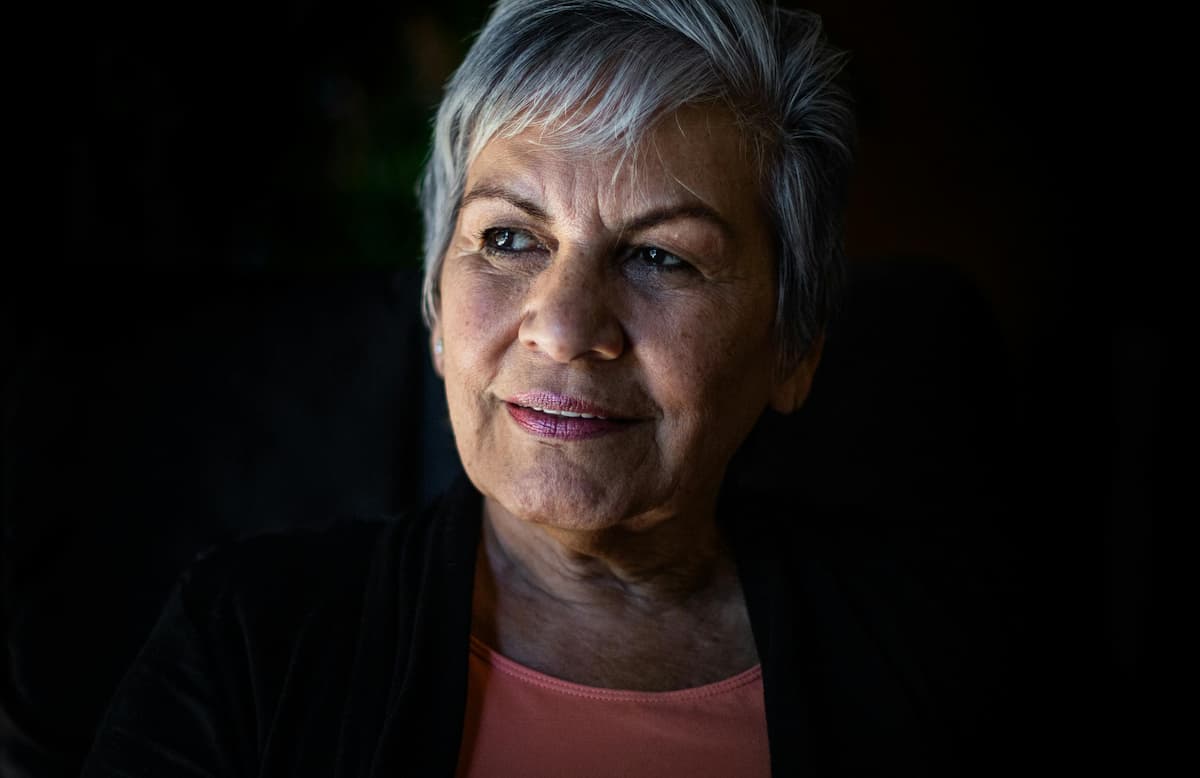People are most active in their search for meaning in life at these two ages.
People search most actively for meaning in life in their twenties and then again after reaching their sixties.
In their twenties, people are still finding themselves, searching out careers and relationships.
This can often be a relatively unhappy time for people, when feelings of depression and anxiety can peak.
Middle age typically (but not always) brings a period of stability in which the search for meaning decreases as people settle down and find their way in life.
People generally begin to feel happier through this middle period.
The search for meaning in life kicks in again after the age of 60 as retire looms and family and friends are starting to pass away.
The search for meaning is important for many reasons, explains Professor Dilip V. Jeste, study co-author:
“Many think about the meaning and purpose in life from a philosophical perspective, but meaning in life is associated with better health, wellness and perhaps longevity.
Those with meaning in life are happier and healthier than those without it.”
The conclusions come from a study of 1,042 people who were interviewed about the meaning they experienced in life along with other key measures.
The results revealed a U-shaped connection between the search for meaning in life and age.
Professor Jeste explained:
“When you are young, like in your twenties, you are unsure about your career, a life partner and who you are as a person.
You are searching for meaning in life.
As you start to get into your thirties, forties and fifties, you have more established relationships, maybe you are married and have a family and you’re settled in a career.
The search decreases and the meaning in life increases.
After age 60, things begin to change.
People retire from their job and start to lose their identity.
They start to develop health issues and some of their friends and family begin to pass away.
They start searching for the meaning in life again because the meaning they once had has changed.”
Related
The study was published in the Journal of Clinical Psychiatry (Aftab et al., 2019).

